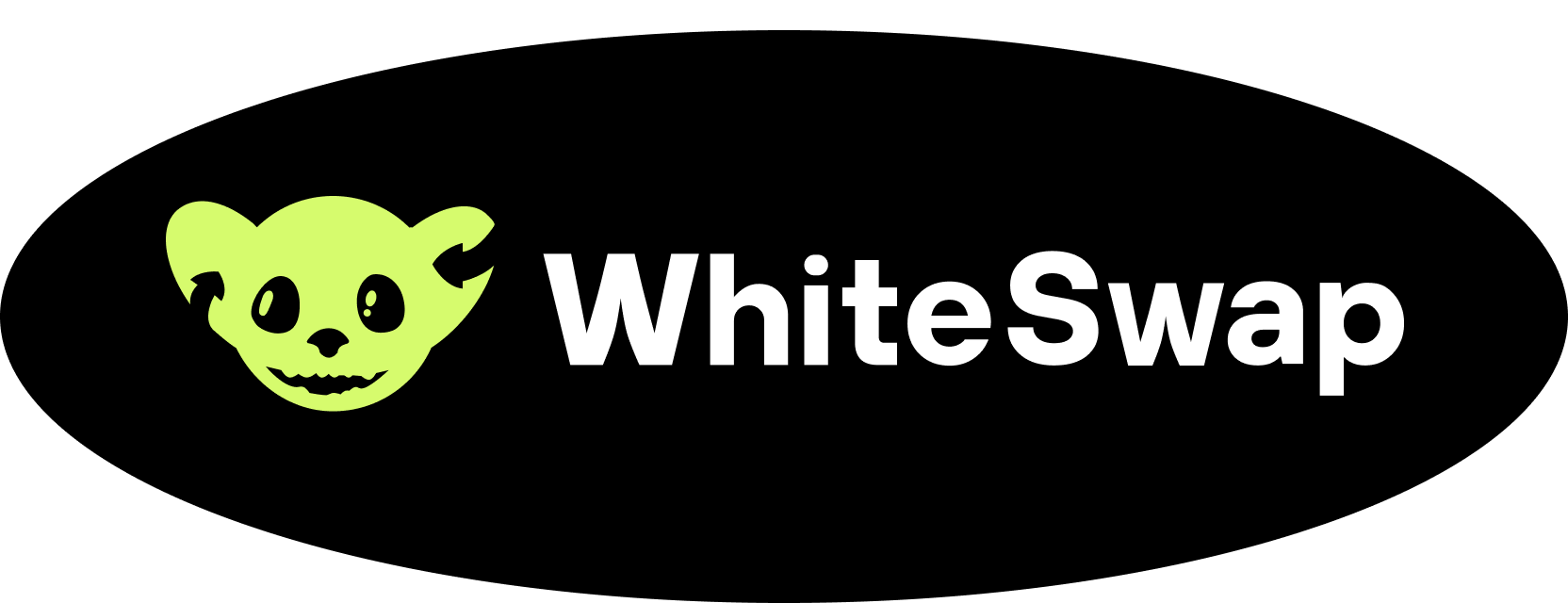This document is a living document which represents the current process guidelines for developing and advancing WhiteSwap Governance Proposals.
Process
WhiteSwap has a couple governance venues, each serving its own purpose.
https://gov.ws.exchange/ is a Discourse-hosted forum for governance-related discussion. Community members must register for an account before sharing or liking posts. New members are required to enter 4 topics and read 15 posts over the course of 10 minutes before they are permitted to post themselves.
The formal governance portal can be accessed directly through the WhiteSwap app interface. Votes are delegated and cast through the portal.
Below we outline a preliminary draft for the WhiteSwap governance process, detailing exactly where these venues fit in. These processes are subject to change according to feedback from the WhiteSwap community.
Phase 1: Temperature Check — Discourse
The purpose of the Temperature Check is to determine if there is sufficient will to make changes to the status quo.
To create a Temperature Check: Ask a general, non-biased question to the community on https://gov.ws.exchange/ about a potential change (example: “Should WhiteSwap governance add liquidity mining for XYZ token?”). Forum posts should be labeled as follows: “Temperature Check - [Your Title Here]”. The forum post should include a link to the associated Snapshot poll.
If the Temperature check does not suggest a change from the status quo, the topic will be closed on the governance site. If the Temperature Check does suggest a change, proceed to Stage 2: Consensus Check.
Phase 2: Consensus Check — Discourse
The purpose of the Consensus Check is to establish formal discussion around a potential proposal.
To create a Consensus Check:
-
Create a new topic in the Proposal Discussion category on https://gov.ws.exchange/ titled ”Consensus Check — [Your Title Here]”. This will alert the community that this topic has already passed Temperature Check. Any topics beginning with Consensus Check that have not passed Temperature Check will immediately be removed by moderators. Make sure that the discussion thread links to the Temperature Check thread.
-
Reach out to your network to build support for the proposal. Discuss the proposal and actively solicit delegates to vote on it. Be willing to respond to questions on the Consensus Check topic. Share your view point, although try to remain as impartial as possible.
Phase 3: Governance Proposal — Governance Portal
Phase 3 — Governance Proposal — is the final step of the governance process. The proposal should be based on the winning outcome from the Consensus Check and can consist of one or multiple actions, up to a maximum of 10 actions per proposal.
To create a Governance Proposal:
-
Write the code for your proposal, which will be voted on through the Governance Portal. More resources can be found here . All proposed code should be audited by a professional auditor. This auditing process may be paid or reimbursed by the community treasury.
-
Ensure that you have at least 5 million WSE delegated to your address in order to submit a proposal, or find someone who has enough WSE to meet the proposal threshold to propose on your behalf.
-
Create a topic in the Proposal Discussion category on https://gov.ws.exchange/ titled “Governance Proposal — [Your Title Here]” and link to any relevant discussion threads as well as the code audit report. Topics that begin with “Governance Proposal” that have not successfully passed through the Temperature Check and Consensus Check stages will be removed by moderators.
-
Call the propose() function of the Governor Alpha to deploy your proposal.
Once the propose() function has been called, a seven-day voting period will start. Ongoing discussion can take place in the https://gov.ws.exchange/ forum. If the proposal passes successfully, a two day timelock will follow before the proposed code is executed.
Soft Governance
The process described above lays out a structure for those wishing to host a formal vote around a particular issue.
However, governing this system also requires a degree of “meta governance”, discussions that inform the direction of and the implementation processes behind policy but which don’t qualify as policy themselves.
The community may discuss new ideas and strategies for governance — including changes to the three-step process outlined above — in the ”Governance-Meta” category. On-chain voting is not necessary to make updates to off-chain processes.
